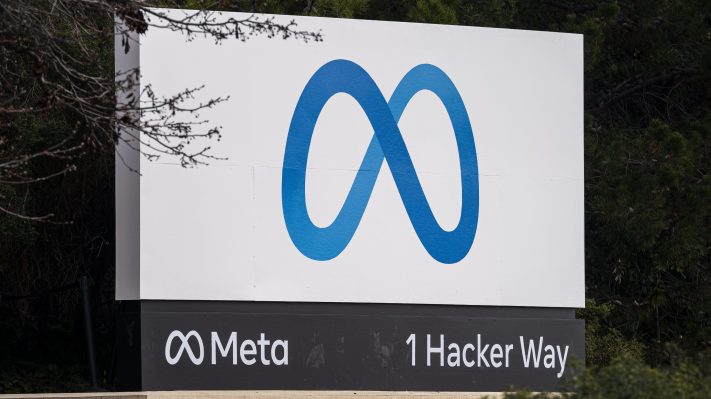More drama is afoot for Facebook’s parent company Meta on the African continent. A Kenyan court today rejected Meta’s request to be removed as party in a lawsuit filed last year against it and Sama, its main subcontractor for content moderation in Africa. Together, the two are being accused of exploitation and union busting.
Meta had sought to distance itself from the case, claiming that it’s a foreign company and Kenya had no jurisdiction to determine case against it. However, a ruling today from Jacob Kariuki, Kenya’s employment and labour relations court judge, determined that Meta will remain as a party in the case.
“The second and third respondents’ names [Meta Platforms Inc and Meta platforms Ireland Ltd] shall not be struck out at this stage,” the judge said during the ruling today. “The notice of motion is disallowed.” It appears that, even though Meta is not incorporated in Kenya, some aspects of how it operates in the country make it liable regardless. The full ruling is due to be published today or tomorrow.
The court is set to issue further directions on the case early next month.
Meta and Sama are being sued in Kenya by Daniel Motaung, a South African national, who is claiming forced labor, exploitation, human trafficking, unfair labor relations, union busting and failure to provide “adequate” mental health and psychosocial support. Motaung was allegedly laid off for organizing a 2019 strike and trying to unionize Sama’s employees.
After the case was filed, Meta requested to be struck off the suit, citing that it’s not incorporated in the East African country, and that Motaung was not its employee but Sama’s.
Commenting on the ruling, Amnesty International Kenya executive director Irungu Houghton said: “The judgement is both historic and globally significant. This is the first time that Meta Platforms Inc will be significantly subjected to a court of law in the global south.
“Amnesty International Kenya is delighted by the ruling and its implications for other cases against Meta Platform Inc currently before Kenya’s courts. The social media platforms have serious impacts on people’s lives and societies. They must be more accountable,” he said.
Sama’s moderators provide content moderation services Meta’s platforms — which include Facebook, Instagram, Messenger and WhatsApp — to remove content that promotes hate, misinformation and violence. Other customers of Sama’s include OpenAI, which has contracted with Sama for workers in Kenya to help label toxic and violent content in the development of its ChatGPT generative AI chatbot.
According to documents filed last year by the law firm representing Motaung, Nzuli and Nsumbi advocates, Sama subjected content moderators to unfair labor actions and failed to grant them adequate mental health support.
It also claimed that Sama allowed a “toxic work environment,” which prevented moderators from sharing the nature of the job and their experiences with third parties, including Meta’s employees.
The lawyers also said that Sama carried out a “deceptive recruitment process” by opening up vacancies that failed to define the nature of the job, saying that Meta and Sama “subjected current and former content moderators to forced labor and human trafficking for labor.”
The law firm also claimed that the productivity of Sama’s employees was tracked using Meta’s software — to measure employee screen time and movement during work hours.
Motaung is seeking financial compensation for himself and other moderators. He also wants Sama and Meta compelled to stop union busting and provide mental health support, amongst other demands.
To complicate matters, in the wake of the suit, Sama said in January that it would be closing its content moderation hub in Kenya, citing the need to streamline operations.
